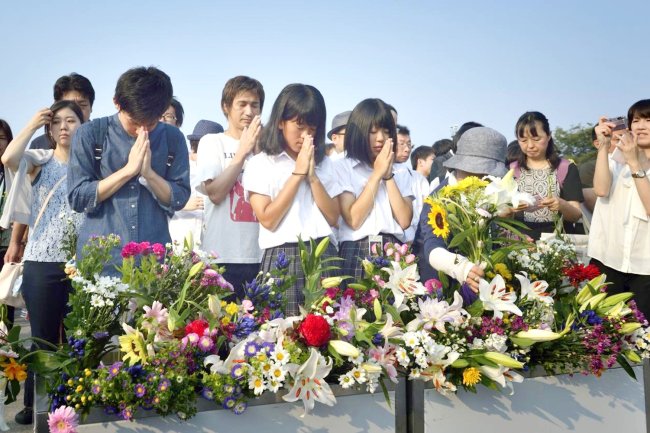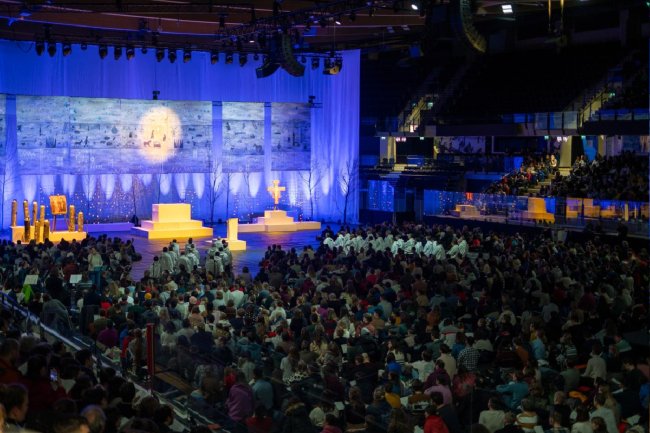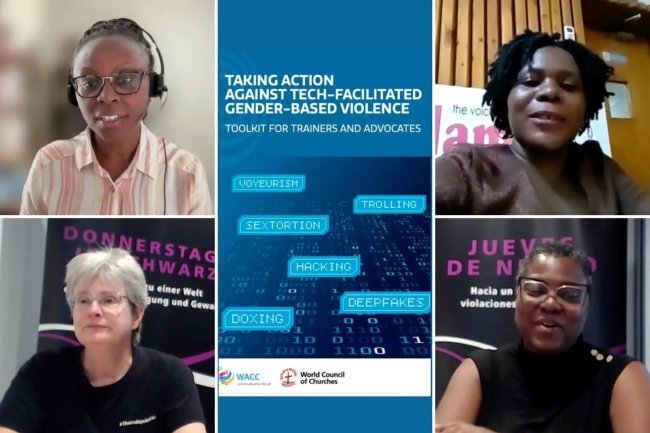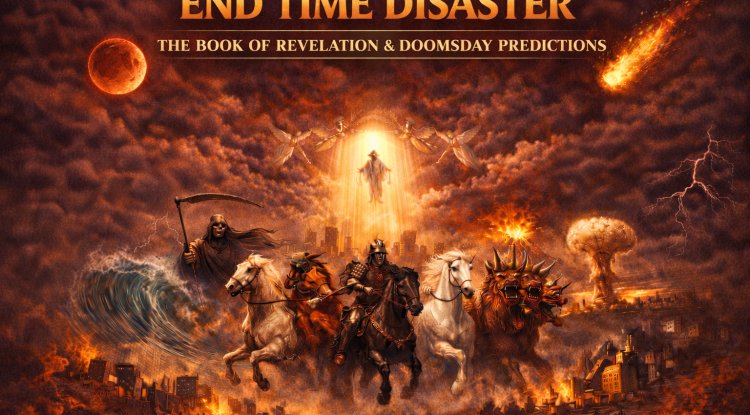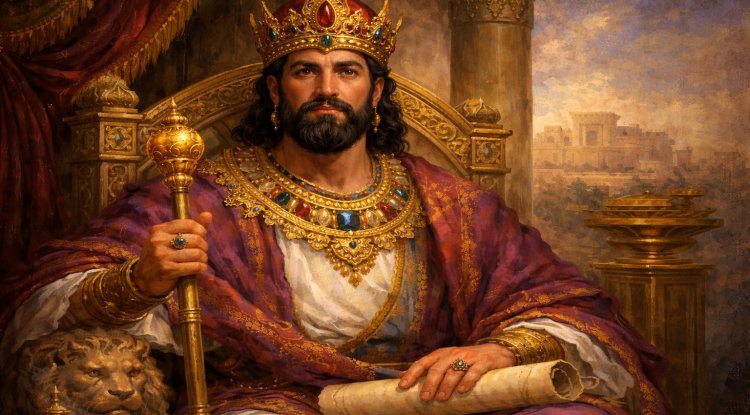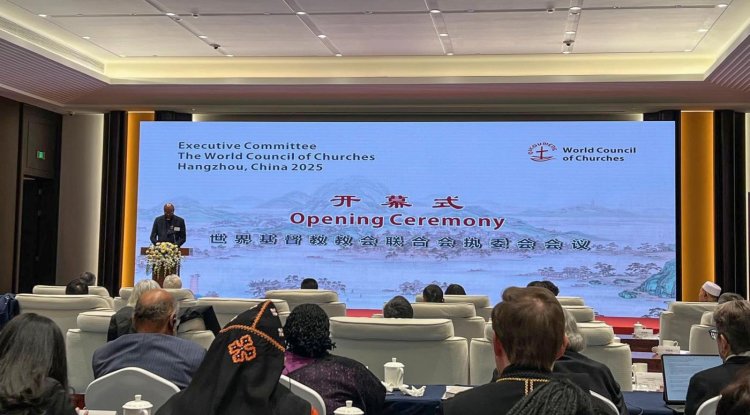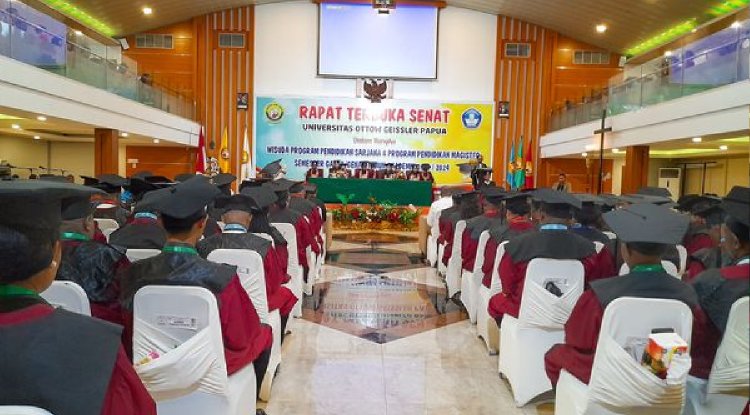WCC Executive Committee recap: focus on global challenges and hope brings peace
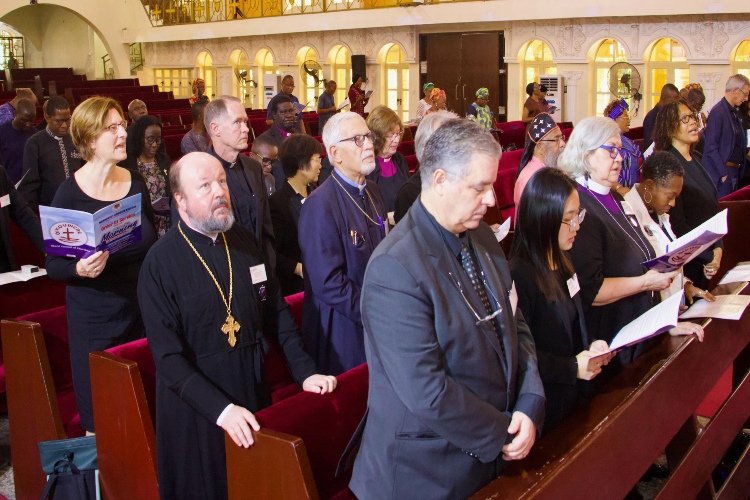
Abuja, Nigeria—the Executive Committee of the World Council of Churches (WCC) concluded its meeting in Abuja on November 8–14 by responding to some of the world's most serious challenges and affirming its commitment to the pilgrimage of justice, reconciliation, and unity. The meeting was attended by church leaders from various denominations and concluded with an emphasis on how the WCC can bring hope amid global divisions. The governing body managed to approve the plan and budget for 2024, as well as monitor the implementation of the WCC strategy during 2023. The moderator, Bishop Dr. Heinrich Bedford-Strohm, described this meeting as a source of great hope amid divisions, polarisation, and global injustice, including conflicts in the Middle East and the war in Ukraine. The Secretary General of the WCC, Rev. Prof. Dr. Jerry Pillay, stated in his report that in the struggle for peace and justice in the world, the WCC is engaged in realising justice, reconciliation, and unity. "Let us continue to work with God to make the world a better place for all people and creation,” Pillay said. The meeting also reflected a spiritual commitment with a visit to various churches in Nigeria on November 12. The members of the executive committee witnessed and celebrated the spiritual wealth of the churches, bringing a message of peace and hope amid the challenges of daily life. In the closing press conference on November 14, the leadership of the WCC Central Committee released four public statements. The statement covered the wars in Palestine and Israel, the situation in Nigeria and Africa, the conflict in Nagorno-Karabakh, as well as the responsibility of COP28 towards climate justice. In addition, the executive committee further develops the pilgrimage of justice, reconciliation, and unity and is committed to engaging in a variety of ways.
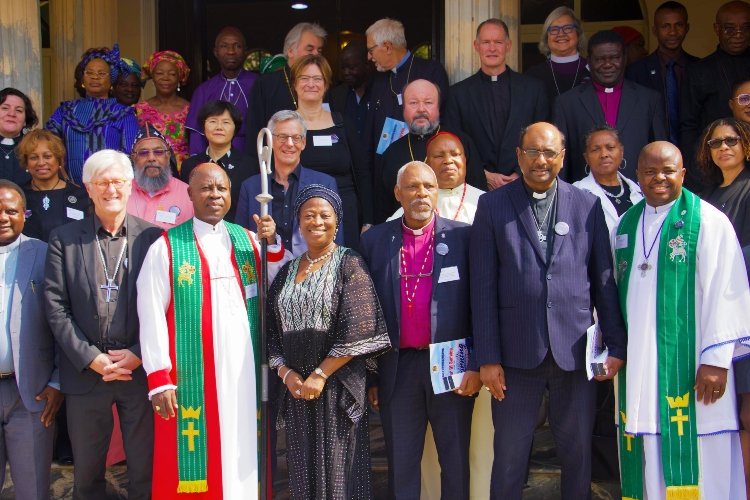
The committee also established the Church Commission for Climate Justice and Sustainable Development, demonstrating their commitment to environmental issues. Newly formed reference groups, such as the Justice, Reconciliation, and Unity Pilgrimage Reference Group, as well as the Gender Justice Reference Group, will play a key role in guiding the WCC in their efforts. At the end of the meeting, the executive committee approved the programme and budget plan for 2024 and planned a meeting in 2024. They also received an invitation to meet in Cyprus in November 2024. The visit to the Nigerian Sultan on November 15 demonstrated the WCC's efforts to establish interreligious dialogue and seek mutual understanding. The executive committee hopes that through these joint efforts, the WCC can continue to bring hope and contribute positively to addressing the global challenges facing humanity.
What's Your Reaction?







